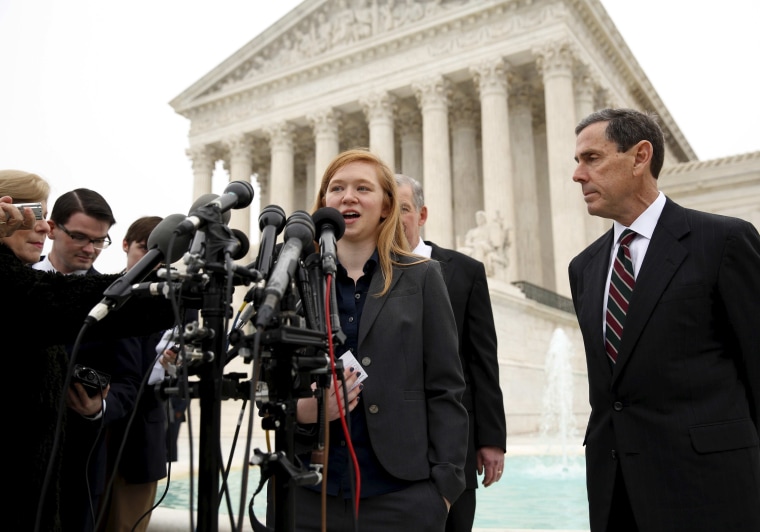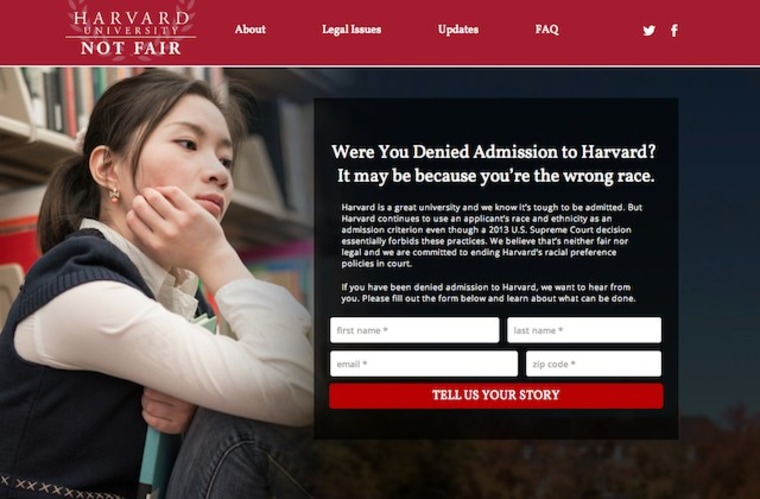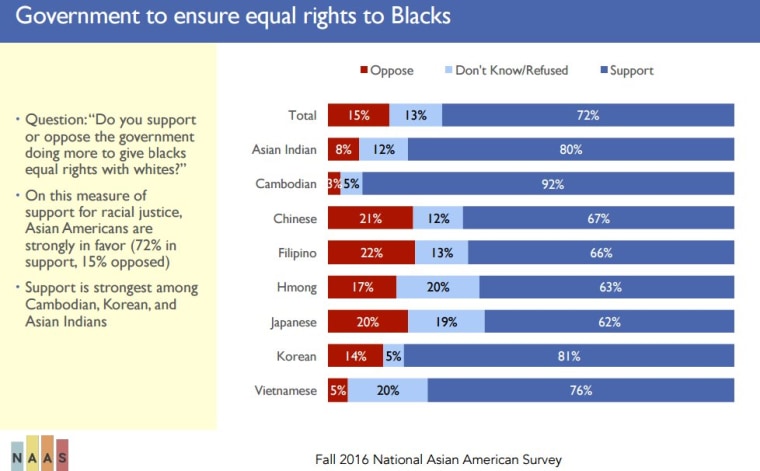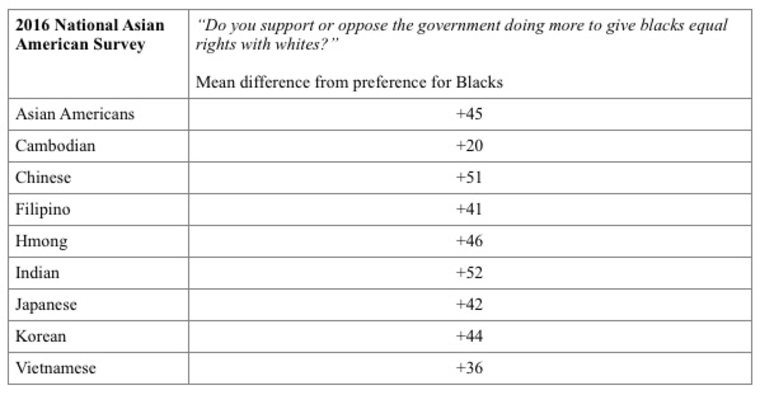Just one year has passed since the U.S. Supreme Court ruled on Fisher v. University of Texas II, and the University of Texas is facing another lawsuit. UT alumnus Edward Blum — who advised Abigail Fisher — is leading the charge yet again. But rather than battling the federal courts, Blum is taking the case to the state courts of Texas, claiming that the use of racial and ethnic preferences in admissions violates the Texas Constitution and Texas civil rights laws.
Blum filed these charges on behalf of Students for Fair Admissions, which also has lawsuits against Harvard and the University of North Carolina-Chapel Hill. The group claims that when universities consider race as a factor in admissions, white and Asian applicants are hurt by the process.

To announce the lawsuit, the Students for Fair Admissions created a video featuring Blum and Corey Liu, the volunteer Executive Director of Students for Fair Admissions. Liu, the son of Chinese immigrants opens the video by saying, “Speaking as an Asian American, I can tell you that we all know that when we apply to college that the deck is stacked against us because of our race. We know that the system is rigged against Asian Americans.”
He shares that his mother, a cafeteria worker at UT-Austin, had hoped her son would attend UT Austin. Denied admission at UT Austin, Liu attended the University of Chicago, and then Harvard Law School. He returned to Texas to join Blum in “the fight to end racial discrimination.”
Liu’s narrative is compelling because it fits the dominant narrative of a defendable anti-affirmative action crusader. He is a child of Chinese immigrants who worked hard, excelled in school, yet was denied admission to UT Austin nevertheless, presumably because he is Asian American. Indeed, it is a familiar narrative. In recruiting potential plaintiffs who felt they were denied admission because of their race for the lawsuits against Harvard and UNC, the Students for Fair Admissions posted online ads featuring Asian Americans. There were images in the media of Asian Americans protesting against affirmative action.

The belief that Asian Americans are hurt by race conscious admissions policies is reinforced when college advisors at elite universities advise Asian applicants to “appear less Asian.” The fear generated by this advice has spawned the proliferation of companies like “Asian American College Consulting” and “Ivy Coach” to help Asian American applicants do just that.
These dominant media narratives drive the belief that Asian Americans oppose affirmative action and oppose policies that help to promote racial equality. But understanding how Asian Americans feel about affirmative action requires that we move beyond media images, which promote only a thin and selective slice of the broader sentiments of Asian Americans.
RELATED: Opinion: On Affirmative Action, Asian Americans ‘Are Not Your Wedge’
In the 2016 National Asian American Survey, we asked Asian Americans about whether they support these issues, and we asked them in different ways. One question read: “Some people say that because of past discrimination, blacks should be given preference in hiring and promotion. Others say that such preference in hiring and promotion of blacks is wrong because it discriminates against whites. What about your opinion – are you for or against preferential hiring and promotion of blacks?”
The second question asked: “Do you support or oppose the government doing more to give blacks equal rights with whites?”
What we found was that support for affirmative action varies widely depending on the question. Asian Americans are much more likely to support doing more to achieve racial equality than preferences.
Nearly three-quarters (72 percent) of Asian Americans support the government doing more to give blacks equal rights with whites, with Cambodians (92 percent), Koreans (81 percent), and Asian Indians (80 percent) evincing the strongest support.

When we compared the two questions, the “equal rights” frame led to an increase in support among Asian Americans compared to the “preferences for blacks” frame by 45 percent among Asian Americans. The largest increases came from Indians and Chinese — the two largest Asian ethnic groups—at 52 percent and 51 percent, respectively.

Asian Americans are not color-blind. They acknowledge the racial inequality between blacks and whites in our country, and overwhelming support that the government do more to eradicate it. They are also aware of the discrimination that they face as non-whites in the United States, which is why they turn to education as the surest method of defense. If they graduate from an Ivy League school and work in one of four high status professions (medicine, law, engineering, or science), they believe they are less likely to experience bias because of their racial status.
But research shows that Asian American men earn 8 percent less than white men, even with the same years of education, school type, major, and region of residence. Asian American women are likely to earn as much as white women, but are less likely to hold supervisory positions. So even when Asian Americans attend the right schools and get the right jobs, they do not do as well as whites in the labor market.
I agree with Corey Liu that Asian Americans should fight to end racial discrimination to benefit all Americans, including Asian Americans — but ending affirmative action will only work against us.
Jennifer Lee is a Professor of Sociology at Columbia University. Follow her @JLeeSoc.
Follow NBC Asian America on Facebook, Twitter, Instagram and Tumblr.